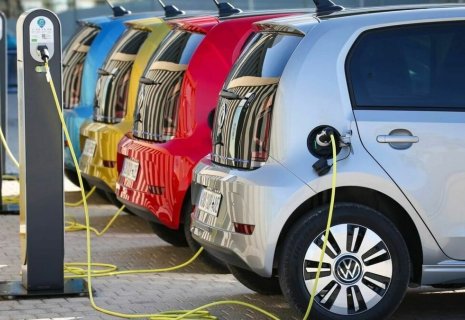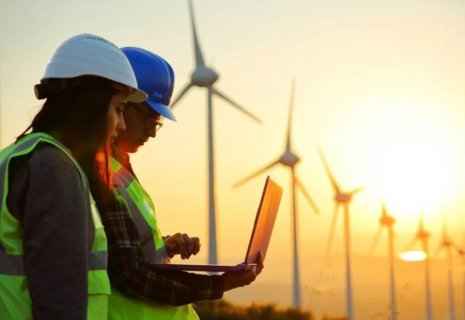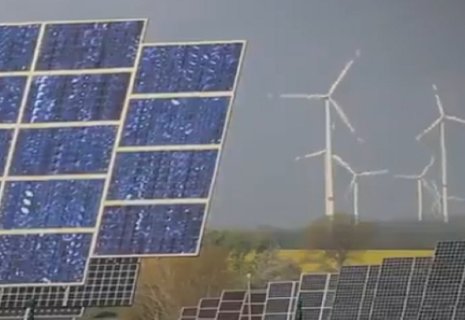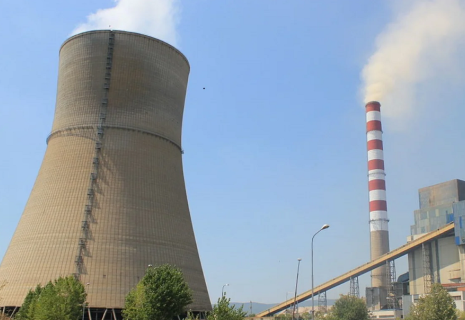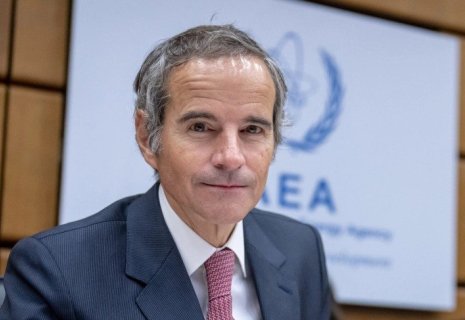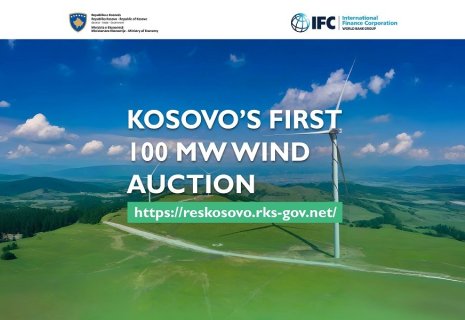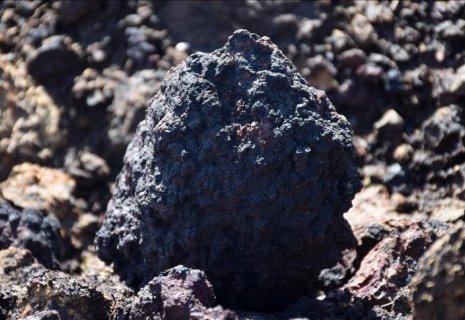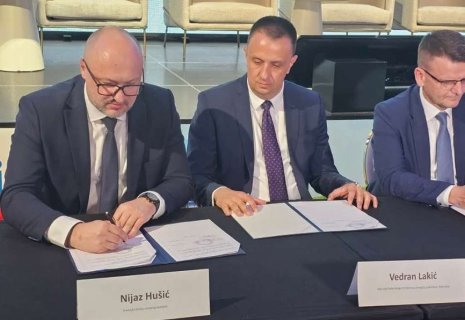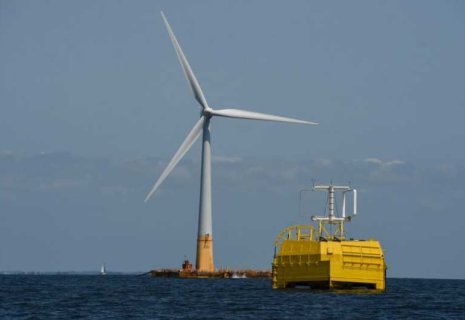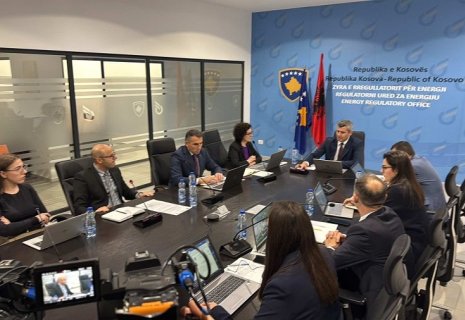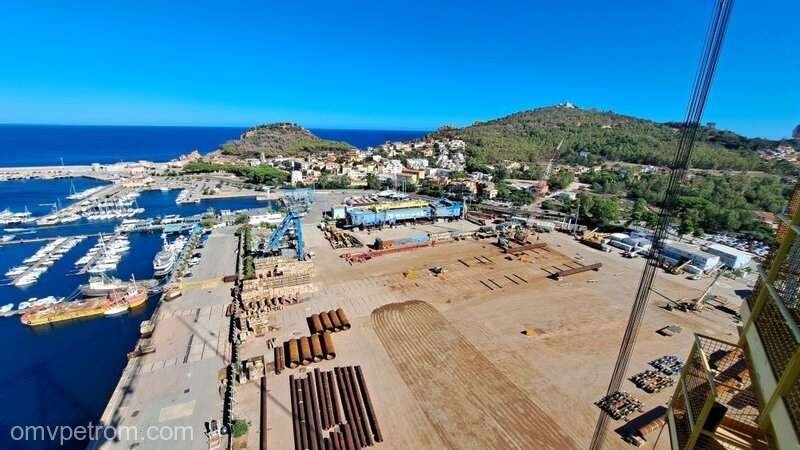
Romania to Lead EU Energy Security with Neptun Deep Gas Exports
The Romanian Energy Ministry has emphasized that the natural gas exports from the Neptun Deep offshore perimeter to Germany will account for less than 1% of the deposit's estimated output, which exceeds 100 billion cubic meters. This export is part of OMV Petrom's strategic plan, with deliveries to Germany set to begin in 2027 under a deal with German utility Uniper, CE Report quotes Agerpres
The Neptun Deep project, jointly owned by OMV Petrom and Romgaz, represents a major step for Romania's role as a leader in European energy security. The project is expected to produce around 8 billion cubic meters annually, doubling Romania’s current gas production and ensuring energy self-sufficiency. From its first year of operation, it will generate double Romania’s domestic gas consumption.
Romania's Energy Minister, Sebastian Burduja, stressed that the Romanian state will prioritize domestic energy needs and only surplus gas will be exported. He reassured citizens that royalties and export taxes will benefit Romania’s budget, and the country is positioned to support regional energy security, including the Republic of Moldova.
The export deal highlights Romania's commitment to reducing EU dependency on Russian energy, a goal aligned with European solidarity. With gas production set to double by 2027, Romania will strengthen its position as the largest natural gas producer in the EU.
Neptun Deep's development comes over a decade after gas was first discovered in Romania's Black Sea waters. This project marks a significant milestone in Europe’s transition to energy independence.

